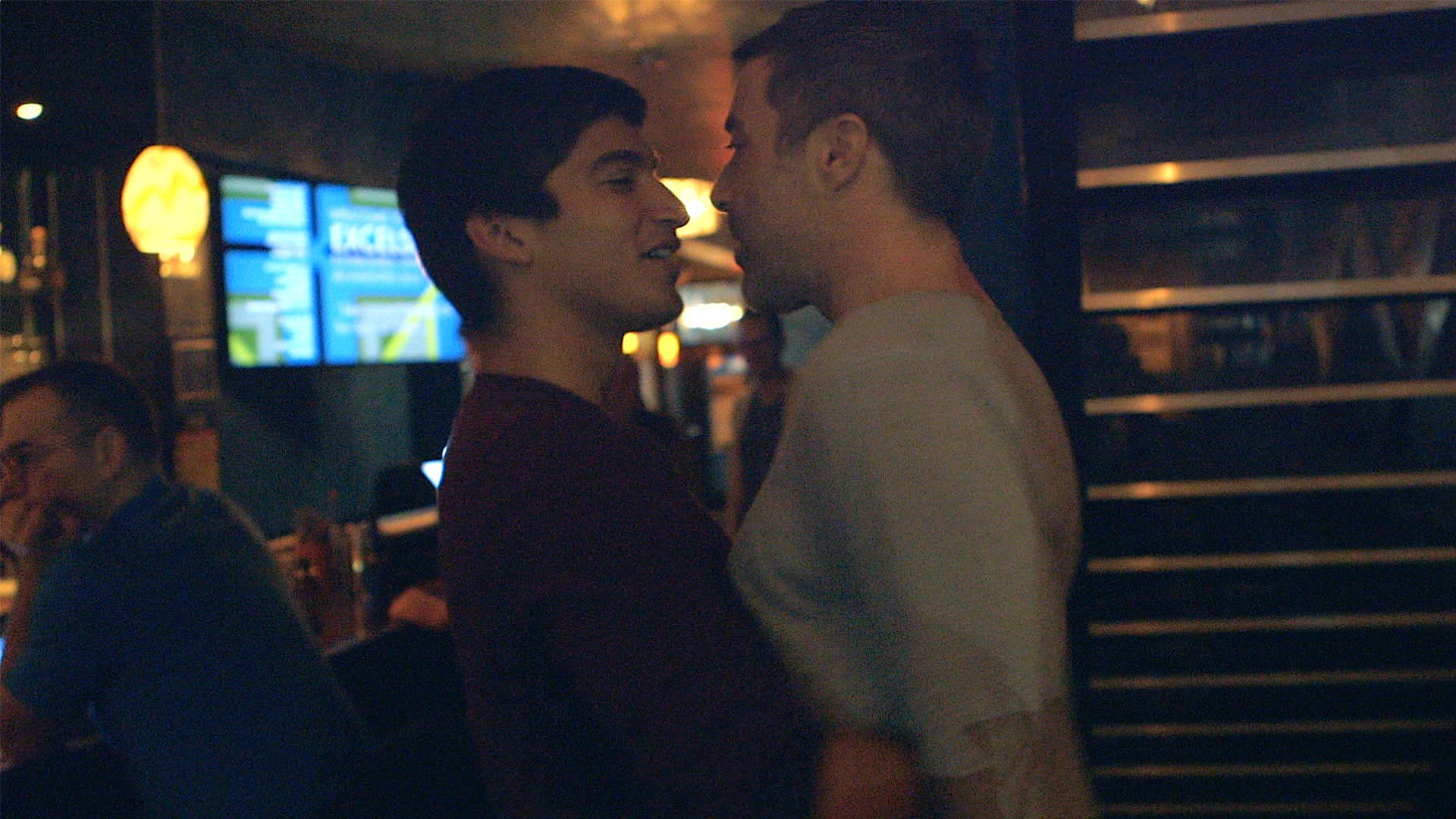Joshua Stitt/Unsplash
Why are some people attracted to the opposite sex, whereas others are attracted to the same sex? Scientists have long been puzzled by this question. Although they have developed numerous working theories over the years, definitive evidence has been elusive. However, one long-standing theory just became way more credible.One of the most robust findings recorded by scientists studying the origins of sexual orientation is something called the fraternal birth order effect. This refers to the idea that the more older brothers a man has, the greater his odds of being gay. However, only biological brothers seem to matter here—there’s no established link for older sisters, adopted brothers, or step-siblings.Why is that? It has long been thought that something must happen inside the womb the first time a woman carries a male fetus that ultimately affects the development of subsequent male fetuses. Scientists have speculated that perhaps there is some immune reaction taking place inside the mother—specifically, maybe carrying a male fetus leads women to develop certain antibodies that stick around.This theory, known as the maternal immune hypothesis, makes a lot of intuitive sense. A fetus of the other sex carries foreign substances (also known as antigens) that a women’s body has never seen before—substances that may directly enter her bloodstream during childbirth, thereby stimulating production of antibodies.
More from Tonic:
If women are indeed making such antibodies, there’s good reason to believe they could potentially affect a future male fetus, given that products from the mother’s immune system are not only capable of entering the amniotic sac in which fetuses develop, but they can also pass the fetal blood-brain barrier, which means they just might impact the developing brain. And if a woman carries multiple male fetuses, it only seems logical that an immune attack of this sort would become stronger each time.Although the maternal immune hypothesis has been around for more than two decades, there hasn’t been any direct support for it—at least not until now. A new study published in the Proceedings of the National Academy of Sciences suggests that there’s something to it.In this study, researchers took blood samples from 54 mothers who had at least one gay son (about half of whom had at least one older brother), 72 mothers who had at least one heterosexual son (but no gay sons), 16 women with no sons at all, and 12 men. All participants were recruited in Canada and ranged in age from 18 to 80 years old.Researchers conducted immunological tests on the blood samples, looking specifically for antibodies targeting two proteins (PCDH11Y and NLGN4Y). These proteins are linked to the Y chromosome (meaning they’re only found in biological males) and, further, they are known to play a role in brain development.Significant results were only found for one of the two proteins: Specifically, mothers of gay sons had higher levels of antibodies against NLGN4Y compared to mothers from both of the control groups (this included women with heterosexual sons and women without any sons). Moreover, mothers of gay sons with older brothers had even higher anti-NLGN4Y levels in their blood than did mothers of gay sons without older brothers.Interestingly, mothers of gay sons without older brothers possessed more of the NLGN4Y antibodies than did mothers who only had heterosexual sons. So why is that? The researchers suspect that the former group may have included women who miscarried a male fetus in the past, which could have caused them to develop the antibodies.Although these results are fascinating, we would do well to replicate them before leaping to too many conclusions—we can’t bet the bank on single studies. Also, it’s important to note that even if the findings do hold up, this theory has its limitations. For one thing, not every guy who has a lot of older brothers is gay. For another, it doesn’t tell us anything about the origins of female homosexuality.The truth of the matter is that the maternal immune hypothesis is probably just one of many potential biological mechanisms that might play a role in the development of sexual orientation. This makes sense when you consider how variable the gay community is in terms of factors such as gender role conformity and sexual position preference. It may very well be that different biological or genetic influences on sexual orientation result in different “types” or “kinds” of homosexuality—a conclusion that previous research has supported.Any way you look at it, though, these findings are the latest in a growing body of literature that argues against choice and social learning as explanations for homosexuality. Instead, same-sex attraction seems to be something that people are predisposed to as a result of their biology.Justin Lehmiller is the director of the social psychology program at Ball State University, a research fellow at The Kinsey Institute, and author of the blog Sex and Psychology. Follow him on Twitter @JustinLehmiller.Read This Next: Why Are We Searching for a 'Gay Gene'?
Advertisement
More from Tonic:

If women are indeed making such antibodies, there’s good reason to believe they could potentially affect a future male fetus, given that products from the mother’s immune system are not only capable of entering the amniotic sac in which fetuses develop, but they can also pass the fetal blood-brain barrier, which means they just might impact the developing brain. And if a woman carries multiple male fetuses, it only seems logical that an immune attack of this sort would become stronger each time.Although the maternal immune hypothesis has been around for more than two decades, there hasn’t been any direct support for it—at least not until now. A new study published in the Proceedings of the National Academy of Sciences suggests that there’s something to it.
Advertisement
